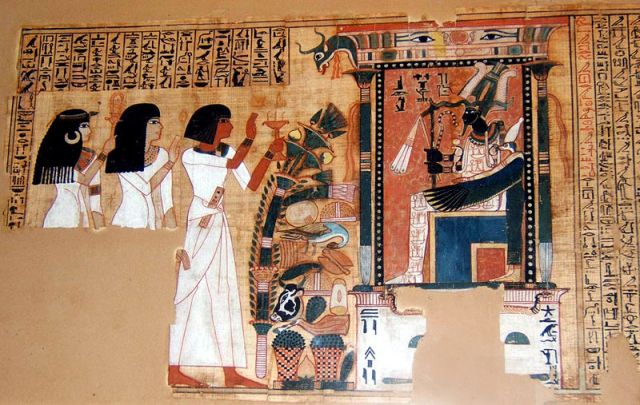
Part of the Book of the Dead of the scribe Nebqed, under the reign of Amenophis III (1391-1353 BC), 18th dynasty. Followed by his mother Amenemheb and his wife Meryt, Nebqed meets the Egyptian god of the dead, Osiris. wiki
In later periods of Egyptian history the Book of the Dead, which contained directions and spells for the newly deceased as he entered the netherworld, began to contain the so-called Negative Confessions. These were the actions not committed by the deceased, and were to be repeated by him – Nu in this case – in entering the netherworld.
It is an interesting list enumerating actions most abhorred by the Egyptians that were not to be committed. A good many of them have to do with agriculture, food, offerings and these I have put in bold.The ancient Egyptians were pragmatic in their dealings both with this world and the next, and certainly food and all that went into its making were considered a central feature of successfully entering the afterlife.

Line drawing of the "sha" animal, based on original by E.A. Wallis Budge (d. 1934) in "The Gods of the Egyptians" (1904) (now in Public Domain). (Photo credit: Wikipedia)
The “negative confessions” from the Papyrus of Ani
The Declaration of Innocence from the Book of the Dead
Translated by E.A. Wallis Budge, and after this link.
c.1240 BCE
Hail, Usekh-nemmt, who comest forth from Anu, I have not committed sin.
Hail, Hept-khet, who comest forth from Kher-aha, I have not committed robbery with violence.
Hail, Fenti, who comest forth from Khemenu, I have not stolen.
Hail, Am-khaibit, who comest forth from Qernet, I have not slain men and women.
Hail, Neha-her, who comest forth from Rasta, I have not stolen grain.
Hail, Ruruti, who comest forth from heaven, I have not purloined offerings.
Hail, Arfi-em-khet, who comest forth from Suat, I have not stolen the property of God.
Hail, Neba, who comest and goest, I have not uttered lies.
Hail, Set-qesu, who comest forth from Hensu, I have not carried away food.
Hail, Utu-nesert, who comest forth from Het-ka-Ptah, I have not uttered curses.
Hail, Qerrti, who comest forth from Amentet, I have not committed adultery, I have not lain with men.
Hail, Her-f-ha-f, who comest forth from thy cavern, I have made none to weep.
Hail, Basti, who comest forth from Bast, I have not eaten the heart.
Hail, Ta-retiu, who comest forth from the night, I have not attacked any man.
Hail, Unem-snef, who comest forth from the execution chamber, I am not a man of deceit.
Hail, Unem-besek, who comest forth from Mabit, I have not stolen cultivated land.
Hail, Neb-Maat, who comest forth from Maati, I have not been an eavesdropper.
Hail, Tenemiu, who comest forth from Bast, I have not slandered [no man].
Hail, Sertiu, who comest forth from Anu, I have not been angry without just cause.
Hail, Tutu, who comest forth from Ati, I have not debauched the wife of any man.
Hail, Uamenti, who comest forth from the Khebt chamber, I have not debauched the wife of [any] man.
Hail, Maa-antuf, who comest forth from Per-Menu, I have not polluted myself.
Hail, Her-uru, who comest forth from Nehatu, I have terrorized none.
Hail, Khemiu, who comest forth from Kaui, I have not transgressed [the law].
Hail, Shet-kheru, who comest forth from Urit, I have not been wroth.
Hail, Nekhenu, who comest forth from Heqat, I have not shut my ears to the words of truth.
Hail, Kenemti, who comest forth from Kenmet, I have not blasphemed.
Hail, An-hetep-f, who comest forth from Sau, I am not a man of violence.
Hail, Sera-kheru, who comest forth from Unaset, I have not been a stirrer up of strife.
Hail, Neb-heru, who comest forth from Netchfet, I have not acted with undue haste.
Hail, Sekhriu, who comest forth from Uten, I have not pried into matters.
Hail, Neb-abui, who comest forth from Sauti, I have not multiplied my words in speaking.
Hail, Nefer-Tem, who comest forth from Het-ka-Ptah, I have wronged none, I have done no evil.
Hail, Tem-Sepu, who comest forth from Tetu, I have not worked witchcraft against the king.
Hail, Ari-em-ab-f, who comest forth from Tebu, I have never stopped [the flow of] water.
Hail, Ahi, who comest forth from Nu, I have never raised my voice.
Hail, Uatch-rekhit, who comest forth from Sau, I have not cursed God.
Hail, Neheb-ka, who comest forth from thy cavern, I have not acted with arrogance.
Hail, Neheb-nefert, who comest forth from thy cavern, I have not stolen the bread of the gods.
Hail, Tcheser-tep, who comest forth from the shrine, I have not carried away the khenfu cakes from the Spirits of the dead.
Hail, An-af, who comest forth from Maati, I have not snatched away the bread of the child, nor treated with contempt the god of my city.
Hail, Hetch-abhu, who comest forth from Ta-she, I have not slain the cattle belonging to the god.
Related articles
- Heka: The Magic of Ancient Egypt (deafwizard.wordpress.com)
- Sekhmet Invocations (kevinmichaelconnor.wordpress.com)



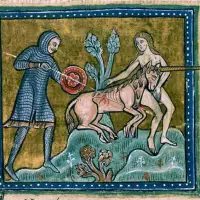
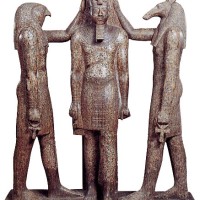
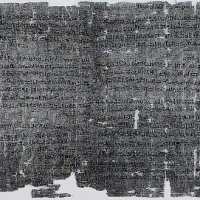
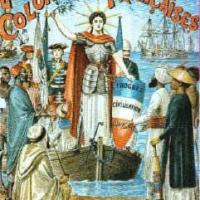

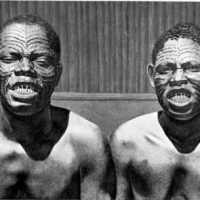
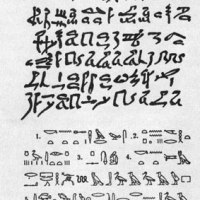
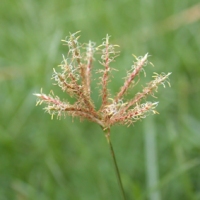
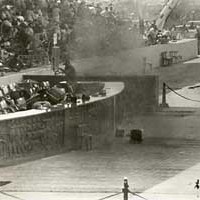














Pingback: An Ancient Egyptian Magical Spell to Protect a Young Lady from Everything | DIANABUJA'S BLOG
Pingback: Last pages from ‘magical’ Egyptian ‘Book of the Dead’ found in museum in Queensland – after worldwide search by archaeologists | Mail Online « Στα ίχνη της Γνώσης … Tracing Knowledge
Nice presentation – and interesting, the discovery of the text pieces; I had a similar experience when curating the Egyptian Collection at the Lowie Museum, U.C. Berkeley, a number of years ago: the ‘discovery’ was the lintel from an important functionary who lived in Medinet Habu – great ‘find’!
LikeLike
Pingback: Egyptian Book of the Dead « Earthpages.ca
Dear Earthpages – the link that you put does not work – I’ve changed it to “http://earthpages.wordpress.com/2012/04/22/egyptian-book-of-the-dead/ – which does work.
dianabuja.
LikeLike
Thanks for this. It was a very interesting read.
LikeLike
And thanks to you, for your kind words.
LikeLike